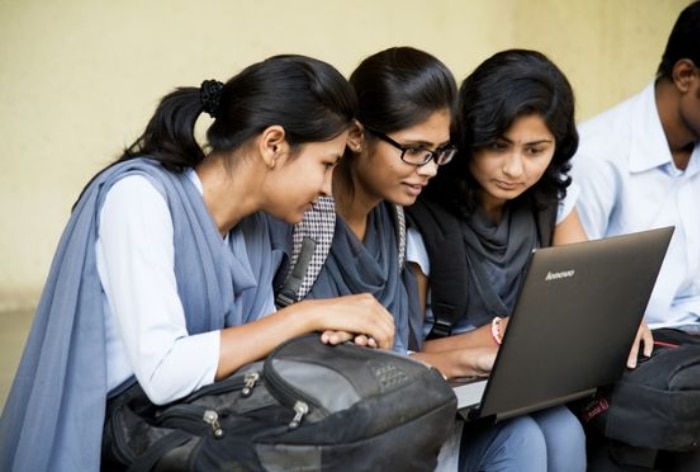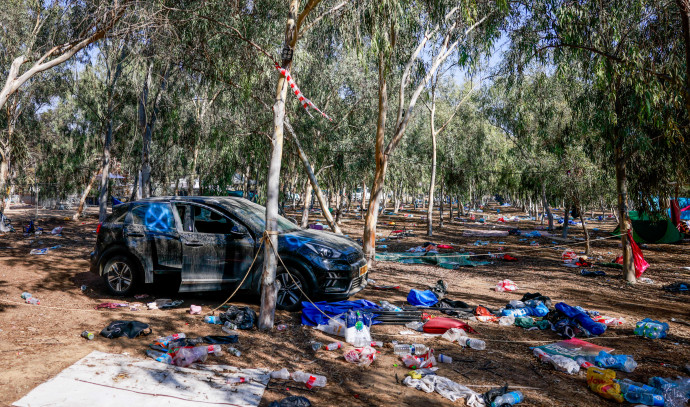The development Research and Projects Centre (dRPC) in partnership with Malala Fund has released a new report on Gender Review and Advocacy For Gender Responsive Education Sector Planning (GRESP) in Nigeria.
The report, which was released on Tuesday, covers a gender review of 11 years of State Education Sector Plans (SESPs) in Nigeria.
SESPs is the only official education policy in Nigeria which mainstreams girls’ education goals within the education system and establishes performance indicators for government outcomes within the basic education system.
The dRPC researchers said the review was aimed at determining the explanatory powers of the Global Partnership for Education, GPE’s, gender responsiveness theory of change related to girls’ education outcomes.
 In her opening remarks, the Executive Director of dRPC, Judith-Ann Walker, said the research started in 2021 and it provides a gender review of the education sector plan in six states that sign gender-responsive plans in Nigeria.
In her opening remarks, the Executive Director of dRPC, Judith-Ann Walker, said the research started in 2021 and it provides a gender review of the education sector plan in six states that sign gender-responsive plans in Nigeria.
Ms Ann-Walker said they are excited about this project and they are hopeful that the report will be useful to Civil Society Organisations (CSOs) as well as government officials.
“It’s important for us that CSOs can use our data to advance change but it’s even more critical that government agencies that made strategic recommendations for policy change should be able to access our data and advance change in the area of health and women’s education in Nigeria,” she said.
We don’t conduct the study just for research purposes, Ms Ann-Walker added, “instead all our research findings were to inform policy advocacy. So whatever we do, we break it down to a level where the advocates, leaders, champions and people in government can take the data and findings for policy-driven change.”
The Malala Fund also expressed their excitement about the publication and they acknowledged the crucial role of dPRC in the study.
Femi Aderibigbe, the advocacy manager at Malala Fund, said their organisation advocates policies and resources aimed at bridging the barrier to girls’ education.
 “In the course of our work, we saw the need to look deep into education sector plans and importantly to look at what are the gaps to be filled on gender. And that is why we work together with dRPC on this project that holds the prospect of yielding positive results,” Mr Aderibigbe said.
“In the course of our work, we saw the need to look deep into education sector plans and importantly to look at what are the gaps to be filled on gender. And that is why we work together with dRPC on this project that holds the prospect of yielding positive results,” Mr Aderibigbe said.
Tinubu committed to Gender Equality
On her part, the Senior Special Assistant to President Bola Tinubu on Women Affairs, Fatima Faruk, said she is delighted that the report recognises the urgent need to break down gender barriers and provide equal opportunities for all children, regardless of their gender.
For several years, Ms Faruk said, gender disparity in the Nigerian education system kept young women from attaining their potential.
“The gender disparity within our education systems has barriers, that prevent them from attaining quality education, that are deeply ingrained within our social norms, discriminatory policies, and lack of resources,” she said.
 Ms Faruk said President Tinubu is fully committed to gender equity and that her office is also focused on aiding in the advocacy for women and girls across different sectors.
Ms Faruk said President Tinubu is fully committed to gender equity and that her office is also focused on aiding in the advocacy for women and girls across different sectors.
The report
The report aimed to determine the explanatory powers of the Global Partnership for Education (GPE) gender responsiveness theory of change related to girls’ education outcomes.
Applying a mixed method research methodology, the gender review first conducted a trend analysis of two girls’ education outcomes to establish patterns in the period before sector plans were introduced in Nigeria and the period during education sector planning in Nigeria (2012-2023).
Amongst the six states (Jigawa, Kaduna, Kano, Katsina, Sokoto, and Zamfara) studied, the gender review found that states with the highest secondary school completion rates for girls in the sector planning years such as Jigawa State had the lowest rate of child marriage.
Meanwhile, states with the lowest completion rates for girls in the education sector planning years such as Kaduna State also had the highest rates of child marriage.
 The second stage of the gender review sought to explore relationships between the trend in girls’ education outcomes established in the first step in the analysis and the structures and functions of bureaucracy prescribed by the GPE model of gender-responsive education.
The second stage of the gender review sought to explore relationships between the trend in girls’ education outcomes established in the first step in the analysis and the structures and functions of bureaucracy prescribed by the GPE model of gender-responsive education.
Here, the analysis found clear and consistent correlations, thus confirming the prescriptive powers of the GPE model of gender-responsive education planning.
Further findings of the gender review of education planning in Nigeria constitute a robust evidence base around which girls’ education advocates and advocacy networks can frame policy advocacy messages and design campaigns on the dos and don’ts of government for positive girls’ education outcomes.
“This also has methodological implications for GPE’s approach to country reviews of education sector planning, pointing to the importance of linking bureaucratic processes of government to girls’ education outcomes,” the report said.
Ms Faruk said her office will play a pivotal role in several key areas such as Social Inclusion and Political Empowerment for Women; Economic Empowerment for Women; Combating Domestic Violence and Abuse against Women; Assisting the most marginalised Women in Nigeria; and Promoting Educational Parity for Women in Nigeria which was the focus of Tuesday’s programme.
“I will collaborate closely with both national and sub-national authorities to integrate women’s initiatives and needs into the policies and programmes of all ministries, departments,
and agencies of the federal government. This collaborative effort aims to foster a national consensus on policies and environments conducive to the empowerment and advancement of women, in partnership with relevant stakeholders,” Ms Faruk added.
 Ministry of Women Affairs speaks on the report
Ministry of Women Affairs speaks on the report
The Minister of Women Affairs, Uju Kennedy, who was represented by an official of the ministry, commended the researchers for producing a timely report on gender in the education sector.
She said there is a need for concerted and intentional efforts towards developing and implementing specific measures aimed at ensuring the girl child attains her full potential through education.
READ ALSO: Constitution Amendment: Reps speaker asks committee to prioritise gender bills, state police, LG autonomy
“The Federal Ministry of Women Affairs as the apex government agency is charged with the mandate to coordinate and monitor all activities and develop policies and programmes that ensure the maximum and holistic development of Nigerian women and children. We are also collaborating with the Federal Ministry of Education to explore all opportunities to ensure that every child, especially the girl child, has the right to education in line with the UN Sustainable Development Goals.”
“The right of girls to access quality education is a fundamental and powerful tool to break the circle of poverty. To this end, the Federal Ministry of Women Affairs is very passionate and committed to ensuring that girls are given a sense of belonging and full opportunity to contribute meaningfully to the overall national growth and development,” she said.
‘Poor implementation of existing laws’
Meanwhile, the Director General of the National Institute of Educational Planning & Administration (NIEPA), David Shofoyeke, noted that dRPC’s efforts in conducting research on barriers to education in six northern states and disseminating the findings through this workshop are apt and will be useful to NIEPA in developing the education sector plan in Nigeria.
He said gender-responsive educational planning is an approach to education that recognises and addresses the diverse needs and interests of girls, boys, women, and men in the education system.
“It aims to promote gender equality by ensuring equitable access to education, eliminating gender-based discrimination, and fostering an inclusive learning environment.”
Among other things, Mr Shofokeye said he observed that there is an increasing number of out-of-school children in the southeast, especially in Anambra State. He said this is engendered by cultural, religious, and social practices and informal norms that promote exclusion in schools.
He also observed poor implementation of existing policies or laws that promote gender equality, inclusion and provision of a safe learning environment for all children.
PREMIUM TIMES will provide details of the report in subsequent stories.
Support PREMIUM TIMES’ journalism of integrity and credibility
Good journalism costs a lot of money. Yet only good journalism can ensure the possibility of a good society, an accountable democracy, and a transparent government.
For continued free access to the best investigative journalism in the country we ask you to consider making a modest support to this noble endeavour.
By contributing to PREMIUM TIMES, you are helping to sustain a journalism of relevance and ensuring it remains free and available to all.
Donate
TEXT AD: Call Willie – +2348098788999










